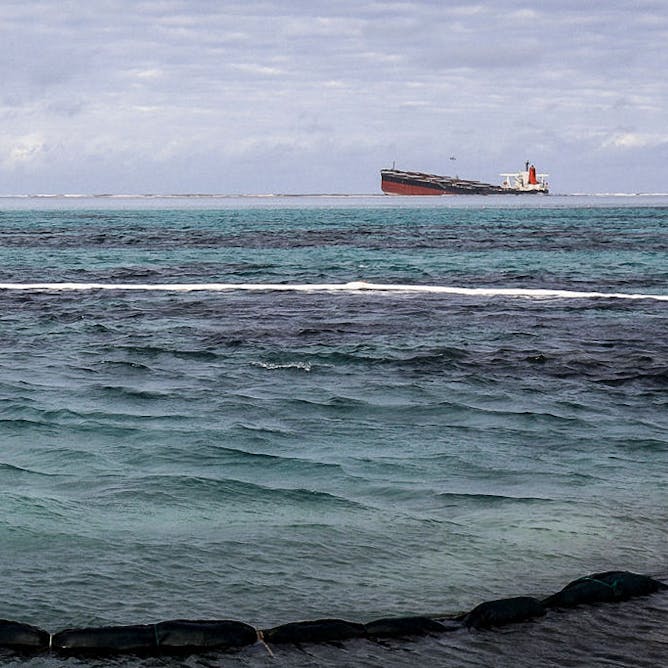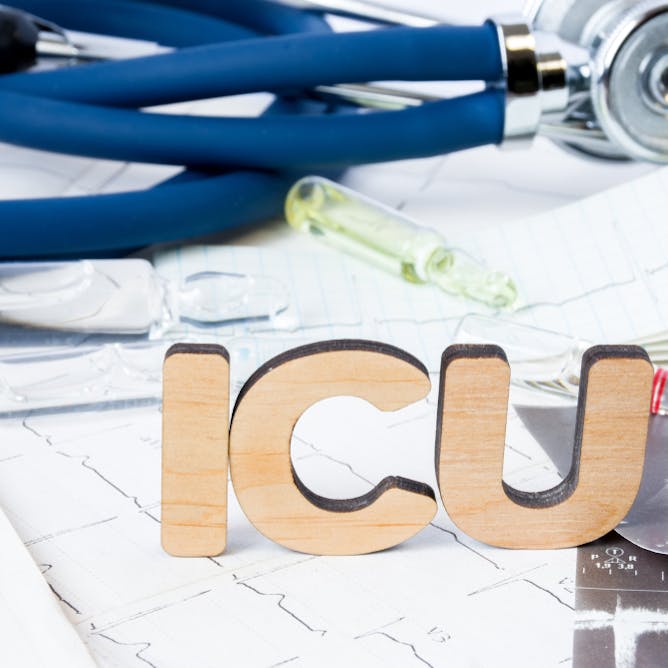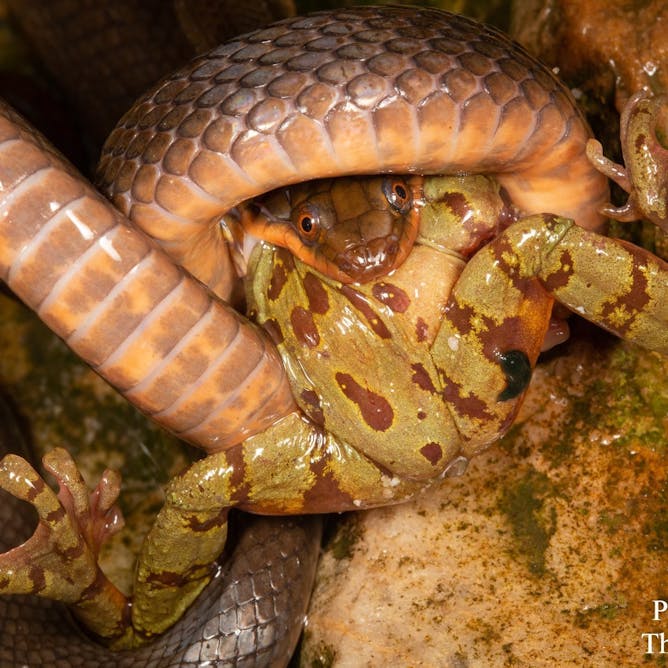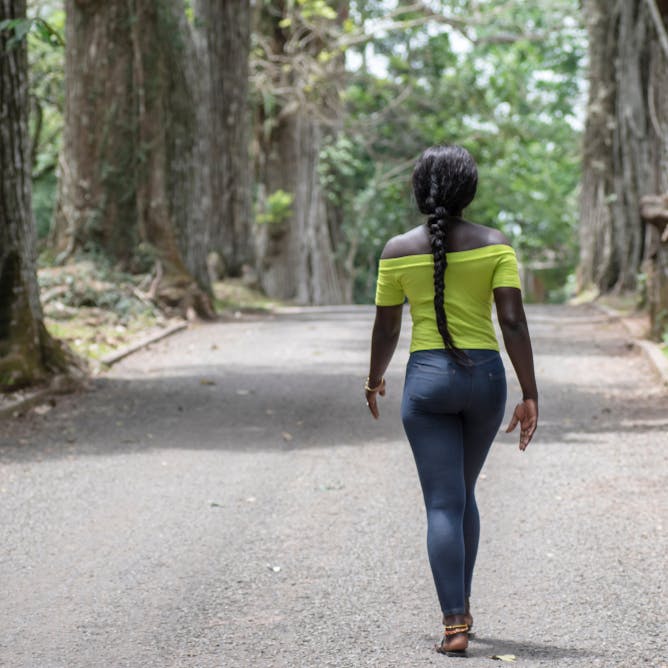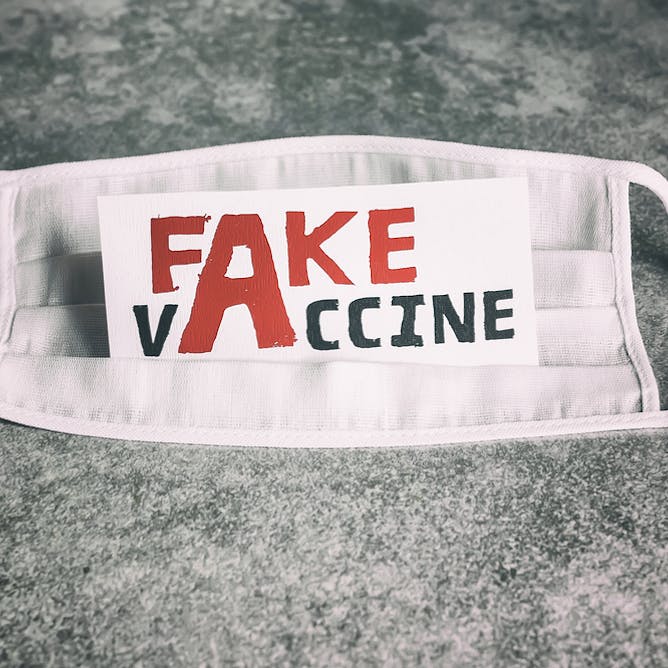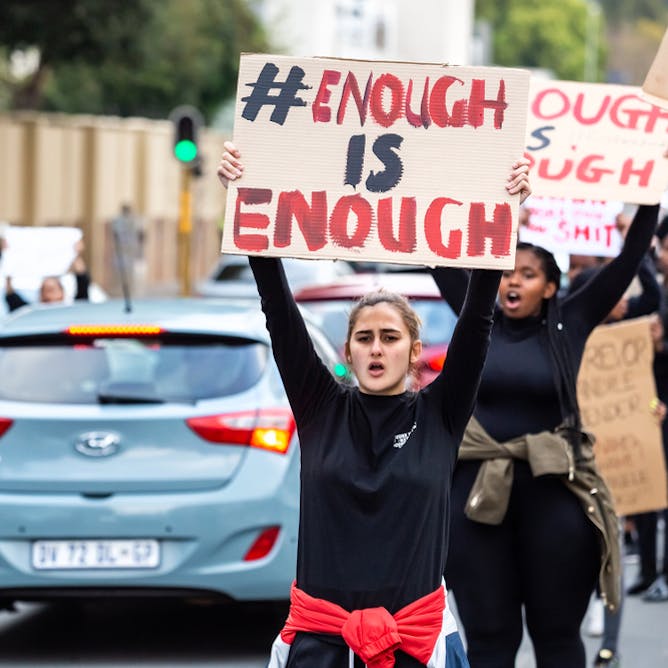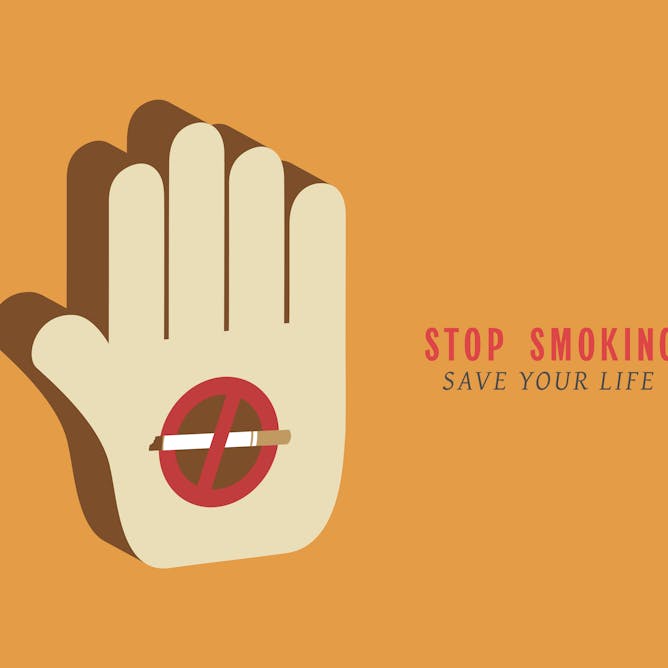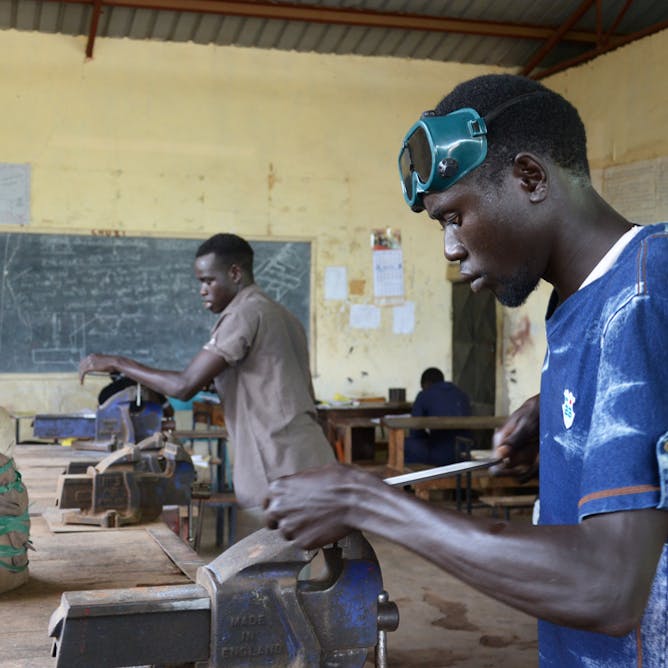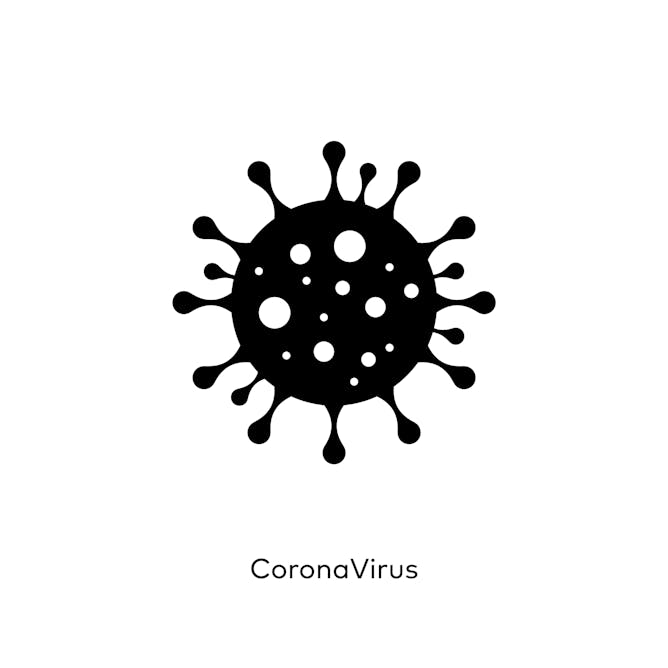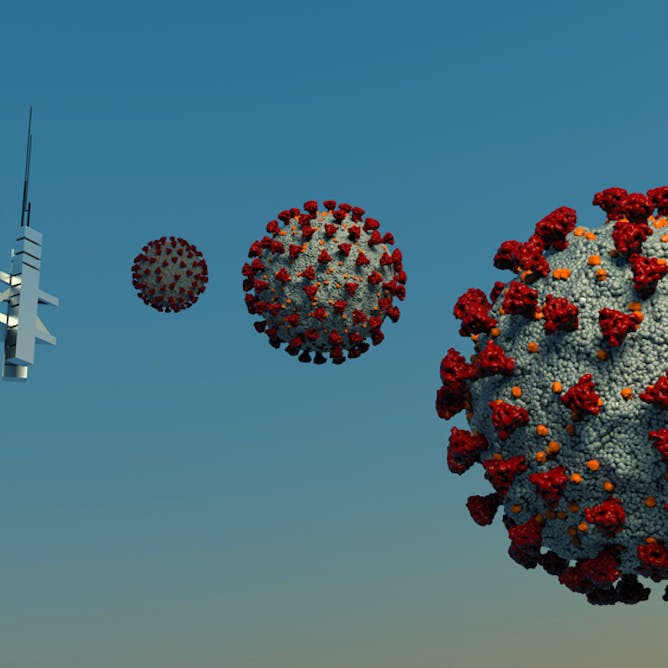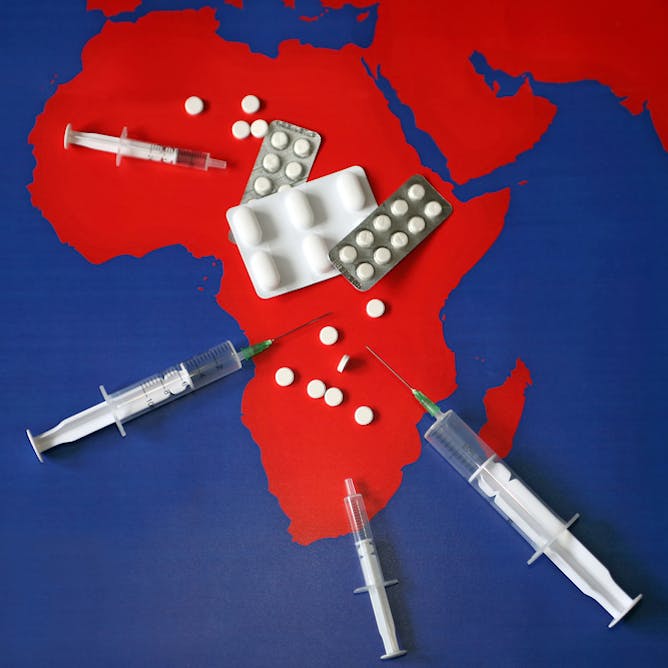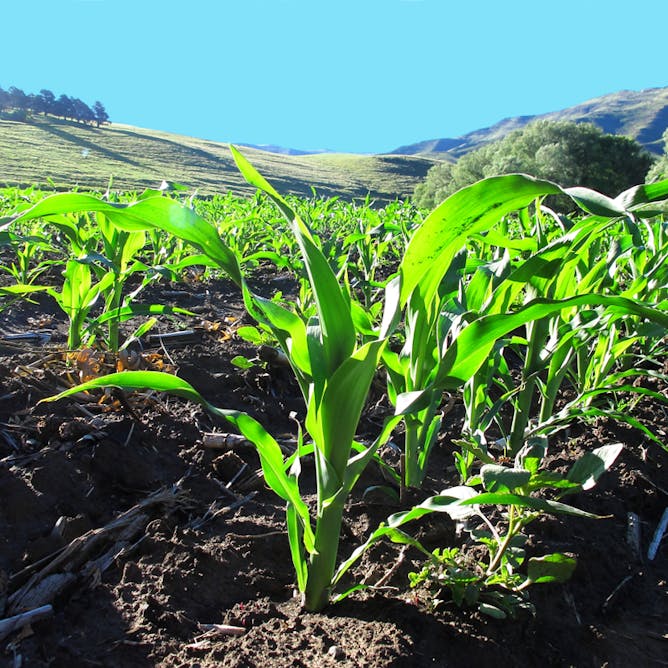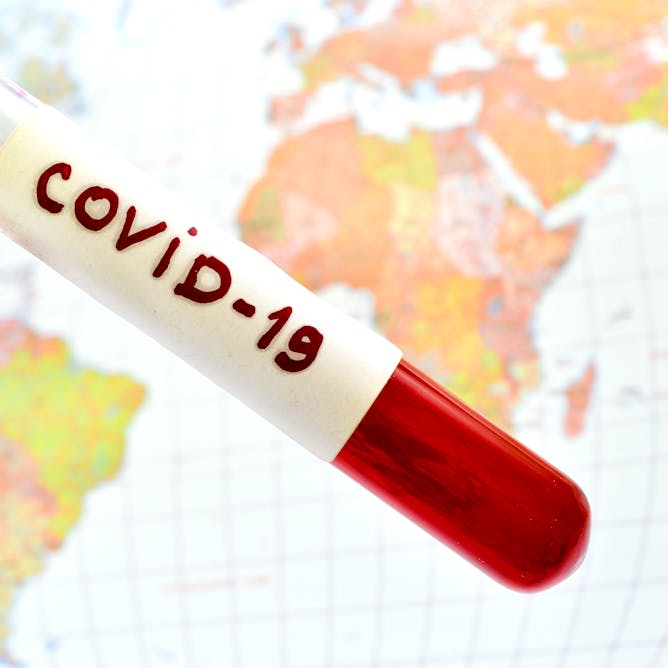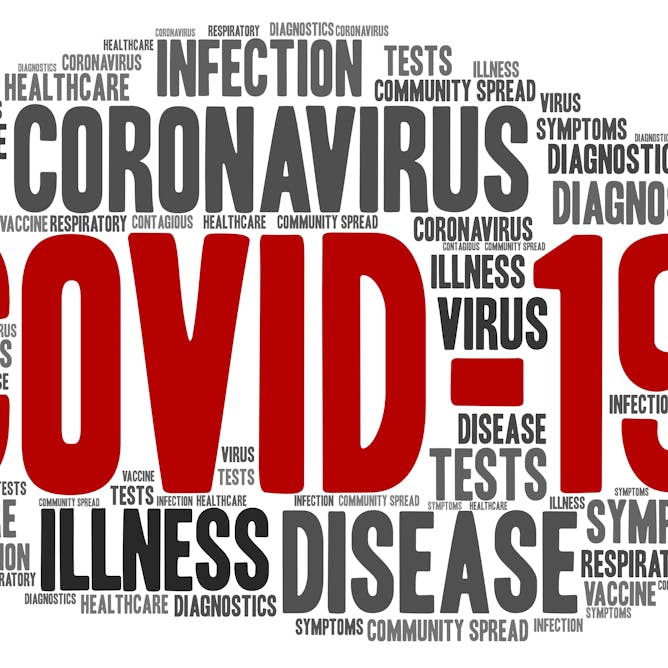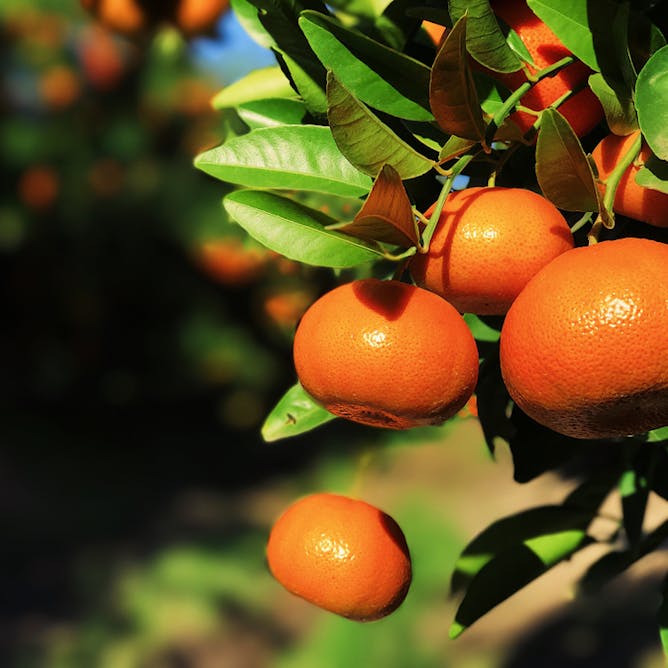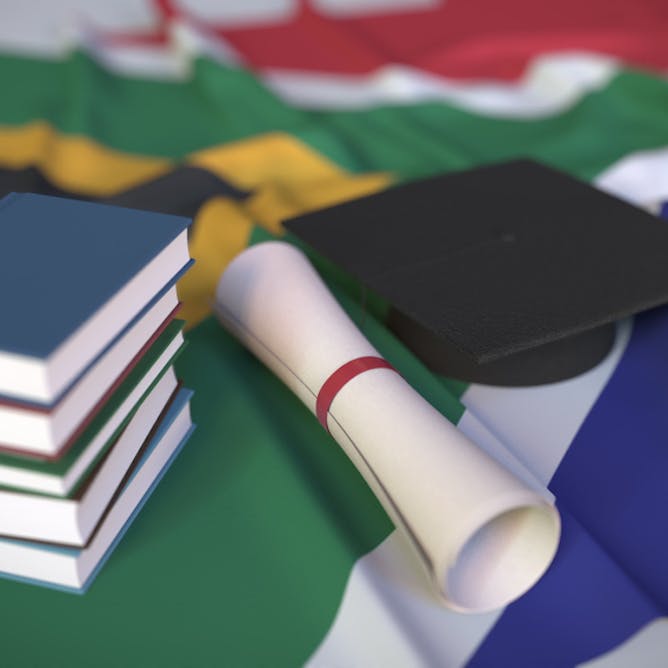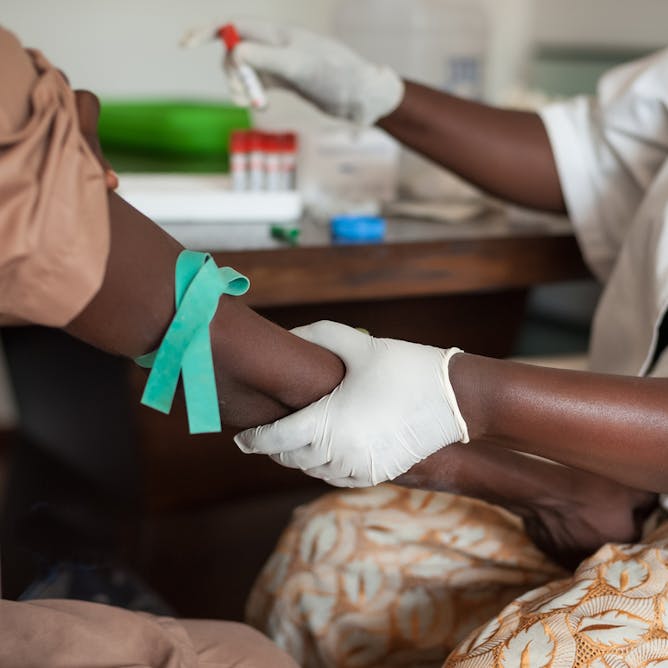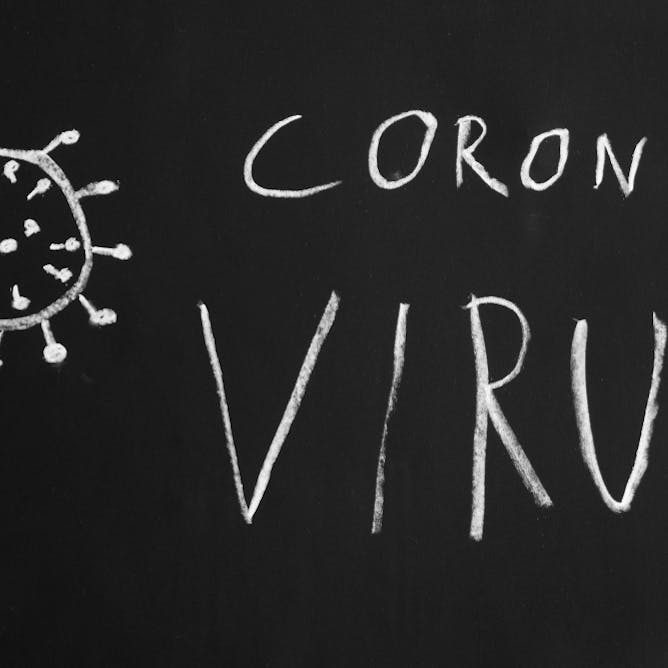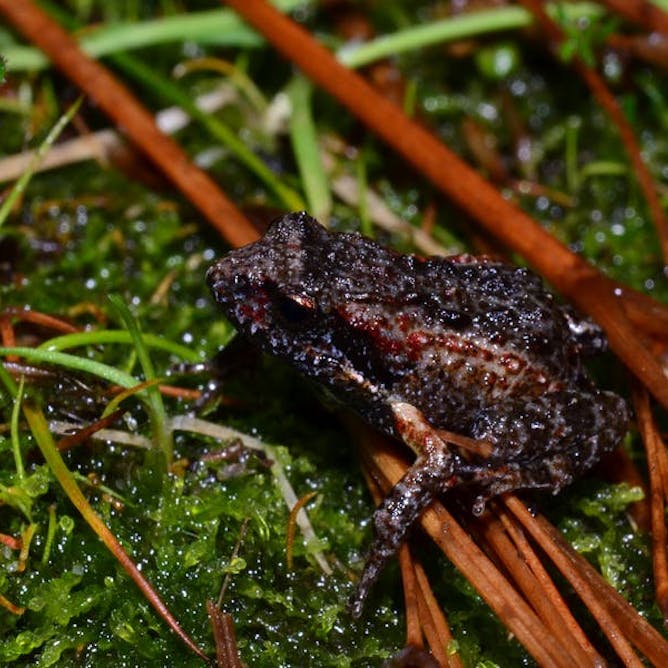
Latest Episodes
Pasha 77: Explainer: the oil spill in Mauritius
This is not the first time a ship has run aground in Mauritius, the island nation 2,000 kilometres off the south-east coast of Africa. But how and why did it happen again? Could the government have done more to prevent the spillage that is wreaking havoc on the coastal systems? What will the impact be for the biodiversity? What will it take to clean up this mess and avoid situations like these in the…
1 Host: Adam Moolna
Pasha 76: Taking a look at an intensive care unit during the COVID-19 pandemic
Nowadays, when one thinks of an intensive care unit or ICU, one might think of a ventilator. But the ICU is so much more than that. A lot of work that goes into keeping patients stable in the ICU so they can recover better. And in this challenging time of the coronavirus, ICUs have come under strain. As part of a global study, Groote Schuur hospital in Cape Town has joined a global alliance sharing…
1 Host: David Thomson
Pasha 75: Facebook helped us to learn what snakes eat. Why this is important
Snakes eat a great diversity of prey but the details of each species' diet have long been a bit of a mystery. That's because it's difficult to observe their infrequent and unpredictable feeding behaviour. But it's important to understand their diet because of its impact on ecological systems and its role in venom biochemistry. Snake bites account for many deaths on the African continent. Two researchers…
1 Host: Bryan Maritz
Pasha 74: From girl to adult: the impact of early marriages in Ghana
There are a number of reasons why many girls marry young in Ghana. They include gender inequality, poverty, traditional and customary practices, social norms, peer pressure and poor parenting. The impact of early marriage on girls' lives can be negative, especially if they drop out of school and are not ready for adult responsibilities. But some adolescent girls report being happy in their marriages…
Pasha 73: Looking into fake COVID-19 medication in West Africa
Fake medication is doing the rounds in Ghana and Nigeria. A BBC Africa Eye documentary into sales of fake COVID-19 drugs looked into this. Traditional healers are selling these concoctions to people who believe that it will cure them of the coronavirus. The investigation found that many of the fake drugs have harmful substances in them. In today's episode of Pasha, Wuraola Akande-Sholabi, a lecturer…
1 Host: Wuraola Akande-Sholabi
Pasha 72: A much-needed conversation on gender-based violence in South Africa
According to the President of South Africa, Cyril Ramaphosa, the country is facing a second pandemic -- gender-based violence. But what exactly is government doing about it? Numerous interventions suggest that effort is going into trying to deal with the problem. But are the actions being taken enough? In today's episode of Pasha Amanda Gouws, Professor of Political Science and SARChi Chair in Gender…
1 Host: Amanda Gouws
Pasha 71: COVID-19 vaccine trial in South Africa explained
South African researchers, in collaboration with Oxford University's Jenner Institute, are trialling a vaccine for the COVID-19. Trials of this nature are important because they give robust data about the safety of vaccines. Being part of the trial will also mean that South Africa won't lag behind should a vaccine prove to work. But how exactly does the trial work? Who receives the vaccine and the…
1 Host: Shabir A. Madhi
Pasha 70: Why have I been having weird dreams during the pandemic?
Sleep is incredibly important for the body and mind. When we sleep our immune system makes antibodies, which help fight off pathogens. That's obviously vital during a health crisis. But many people have been having disrupted sleep and weird dreams in recent times. In today's episode of Pasha, Dale Rae, Director of Sleep Science and a senior researcher at the faculty of Health Sciences at the University…
1 Host: Dale Rae
Pasha 69: Five ways to stop young people from smoking
Most adult smokers take up the habit before the age of 20. So, if governments can prevent young people from smoking, it's likely they won't smoke in adulthood. To ensure a smoke-free future, governments should aim anti-smoking campaigns at young people. But how can they go about this? To answer this question, this episode's guests are Corné van Walbeek, a professor at the University of Cape Town's…
2 Hosts: Corne van Walbeek and Sam Filby
Pasha 68: Higher education in refugee camps
Education is crucial for many refugees: a way out in the future, a way to get a job. But how can people get a tertiary education in a refugee camp, where challenges -- such as a lack of infrastructure -- are everywhere? It's possible, as long as the education programmes are tailored to the needs of the refugee students. In today's episode of Pasha we hear from Paul O'Keeffe, a postdoctoral researcher…
1 Host: Paul O'Keeffe
Pasha 67: It's time to talk about coronavirus symptoms
COVID-19 is proving a hard medical nut to crack. Why are some people asymptomatic? Why do some people have different symptoms? Why are children hardly symptomatic and why do older people seem to be hit the hardest? In today's episode of Pasha Tom Boyles, an infectious diseases specialist at the University of the Witwatersrand, answers these, and other questions. Photo: "Coronavirus Bacteria Cell Icon…
1 Host: Tom Boyles
Pasha 66: Coronavirus conspiracy theories and myths
"The coronavirus was made in a laboratory in Wuhan, China." "COVID-19 is not real and comes from 5G network towers." "Drinking warm water with lemon juice will kill the coronavirus." "The flu vaccination will mean I won't get COVID-19." These are all conspiracy theories and myths shared on social media platforms. And it's time they were addressed. In today's episode of Pasha, Neelaveni Padayachee…
2 Hosts: Lisa Claire du Toit and Neelaveni Padayachee
Pasha 65: Busting myths around the flu vaccine
The flu vaccine will not stop you from getting the coronavirus but it's still important to get it. It will help you fight off other respiratory viruses like the flu and you will avoid visits to the doctor, where there are sick people. Many people think the flu vaccine will make you sicker. There are also those who believe that it contains toxic mercury. In today's episode of Pasha, Marietjie Venter…
1 Host: Marietjie Venter
Pasha 64: The history of drugs in southern Africa
The history of drugs in southern Africa shows how pharmaceutical and illegal substances are intertwined. Understanding the history matters because a society inherits ideas about what is "normal" and what is morally right or wrong. This shapes the approach to care for people with drug addiction, for example. Policy makers need to base their decisions on empirical information, not prejudice, fear and…
1 Host: Thembisa Waetjen
Pasha 63: Let's talk about ethics and treatment for COVID-19
With COVID-19 cases continuing to rise in South Africa, health professionals will have to make important decisions on who gets what treatment. But how do these decisions get made? In today's episode of Pasha, Kevin Behrens, director of the Steve Biko Centre for Bioethics, and Christopher Wareham, a senior lecturer at the same centre, discuss the ethics surrounding coronavirus topics. Photo: Medical…
2 Hosts: Christopher Wareham and Kevin Gary Behrens
Pasha 62: Will South Africa run out of food during the coronavirus lockdown?
Since South Africa has been placed in lockdown to limit the spread of COVID-19, many people have been panic buying and stockpiling groceries. As a result, many of the grocery stores in the country have some empty shelves. Questions about whether South Africa will run out of food have been doing the rounds. To address these questions, Professor Johann Kirsten, director of the Bureau for Economic Research…
1 Host: Johann Kirsten
Pasha 61: The latest on Nigeria and COVID-19
Nigeria has seen a rise in cases of COVID-19 as more tests are done. But the way this information is presented is important. If it's not balanced it can lead to the spread of panic and fear. The public needs to focus instead on instructions given by leaders. These include washing hands, social distancing and abiding by lockdown rules. In today's episode of Pasha, Doyin Odubanjo, executive secretary…
1 Host: Doyin Odubanjo
Pasha 60: The challenges facing African countries testing for COVID-19
Testing for COVID-19 is crucial in understanding how many people have the disease and how fast and far it's spreading. But testing comes with challenges, including test kit production and logistics constraints, and how best to protect healthcare workers. There are testing initiatives under way in many African countries, including a drive-through concept in Kenya. In today's episode of Pasha, Ahmed…
1 Host: Ahmed Kalebi
Pasha 59: Let's talk about a COVID-19 vaccine
COVID-19 has taken the world by storm. So many countries are affected by the disease, with many lives lost and many people infected. Many countries and organisations are frantically searching for a vaccine or treatment. But how far away from this are we? In today's episode of Pasha, Yap Boum, a professor in the Faculty of Medicine at Mbarara University of Science and Technology in Uganda, discusses…
1 Host: Yap Boum
Pasha 58: South Africa's fruit industry and the opportunities it presents
South Africa's fruit industry has tremendous potential. The industry is already a global player, thanks to its citrus exports. But there is scope for other fruit such as berries and avocados. It's important to tap into this potential, given that fruit exports have the ability to create jobs. To do this, a few things need to be addressed, such as bottlenecks at the ports and an increase in research…
1 Host: Shingie Chisoro
Pasha 57: Adam Habib on higher education in South Africa
Higher education in South Africa has undergone some tough times in recent years. There have been numerous protests over fees and affordability. One of the university leaders at the centre of the debates was Adam Habib, principal and vice-chancellor of the University of the Witwatersrand in Johannesburg. In today's episode of Pasha he looks at the challenges of higher education in South Africa. He also…
1 Host: Adam Habib
Pasha 56: Why gender equity in health matters
In global health, it's important that women have an equal opportunity to have their voices heard in setting agendas and designing interventions. Not listening to women can mean that important contributions are missed. Women play a crucial role in delivering important health services and are the backbone of health. In today's episode of Pasha, Rhoda Wanyenze, Dean of Makerere University School of Public…
1 Host: Rhoda Wanyenze
Pasha 55: South Africa and the Fourth Industrial Revolution
The global hype around the Fourth Industrial Revolution has grabbed South Africa as well. President Cyril Ramaphosa is firmly behind it as the belief is that it can help advance economies and increase job opportunities. But in countries like South Africa where inequality is a problem, adding advanced technologies might divide the country further and deepen inequality. In today's episode of Pasha, Alison…
1 Host: Alison Gillwald
Pasha 54: An African perspective on the coronavirus
By the middle of February more than 2000 people had died from the coronavirus COVID-19, which was first identified in Wuhan, China at the end of last year. The virus has spread to a number of countries around the world -- and of course, African countries are at risk, too. Screening and identifying patients is hugely important. In today's episode Professor Burtram Fielding of the department of medical…
1 Host: Burtram C. Fielding
Pasha 53: Why we listened to tiny frogs
The Cape peninsula moss frog is tiny -- really tiny. That makes the species very difficult to track. These little frogs are also very vulnerable, rated as "Near Threatened" on the International Union for Conservation of Nature's list of threatened species. So how can researchers monitor the species and come up with plans to conserve it? By listening. In today's episode of Pasha John Measey, chief researcher…
1 Host: John Measey

